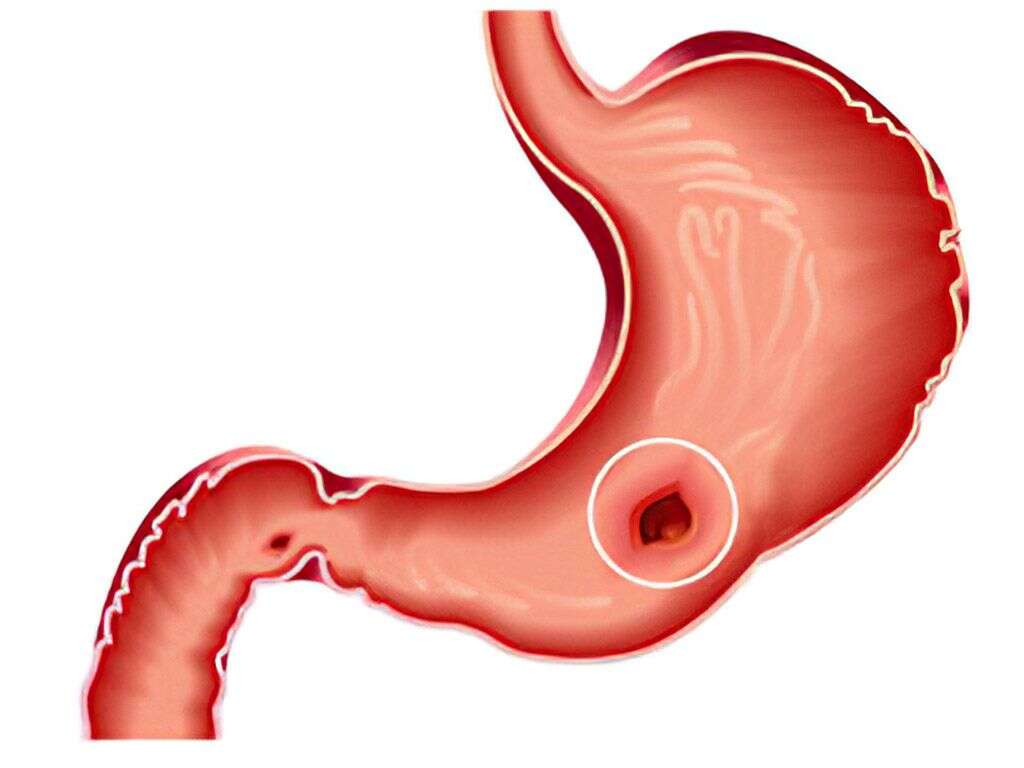What Does a Stomach Ulcer Feel Like?
Advertisement
A stomach ulcer, also called a gastric ulcer, is one of the most painful conditions that affects the stomach. A stomach ulcer is a sore that occurs on the inner surface of the stomach wall. While some people may refer to the condition as a peptic ulcer, a stomach ulcer is localized to the stomach, whereas a peptic ulcer can affect either the stomach or the small intestine.
A gastric ulcer occurs as a result of damage to the mucosal layer of the stomach wall. This exposes the underlying tissues to the contents of the stomach, which includes stomach acid. When this happens, stomach acid further damages the inner layer of the stomach wall, which leads to ulcers. In general, a stomach ulcer can be treated. However, it can become severe if left untreated for long.
Advertisement
1. Stomach Ulcers Causes
Stomach ulcers have many causes. The most common cause is an infection with H. pylori, a type of bacteria that causes a lot of suffering in the human body. An infection with H. pylori develops when the amounts of the bacteria are too high compared to the amounts of beneficial bacteria. If the infections continue for some time, stomach ulcers may develop. Another common cause of gastric ulcers is chronic use of painkillers, especially nonsteroidal anti-inflammatory drugs (NSAIDs) such as aspirin and ibuprofen. Stomach ulcers can also develop as a result of Zollinger-Ellison syndrome, which causes production of gastric acid to increase, thereby causing perforations in the stomach wall.
Advertisement

Advertisement








